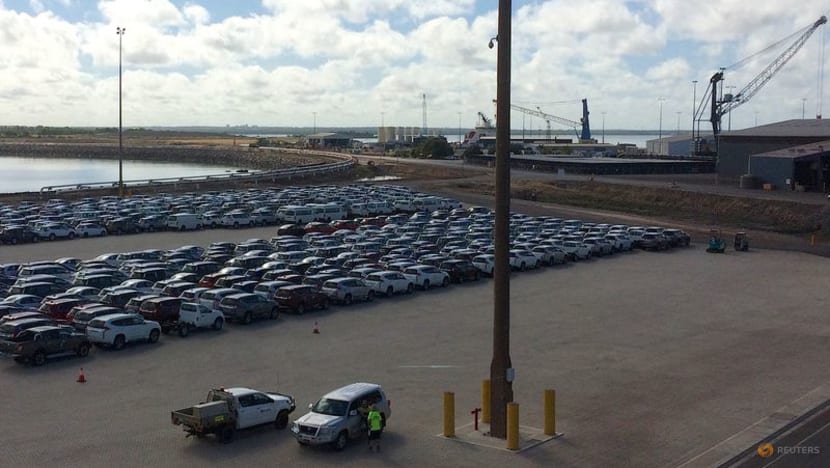Australia's Push to Reclaim Control of Darwin Port from Chinese Ownership











2025-04-04T09:36:16.000Z

SYDNEY: In a significant move regarding national security and economic sovereignty, Prime Minister Anthony Albanese revealed on Friday that his government is actively developing a strategy to facilitate the sale of the strategically important Darwin Port from its current Chinese ownership to Australian superannuation firms. This announcement comes amid rising concerns about foreign ownership of critical local assets and the implications for national interest.
Darwin Port, which has been under a 99-year lease to the Chinese company Landbridge since 2015, has drawn scrutiny from various quarters, including a notable critique from former U.S. President Barack Obama at the time of the sale. The port's location is not only vital for Australia’s commerce but also serves as a central hub for military operations, where approximately 2,000 U.S. Marines conduct exercises in the region for half the year.
In a radio interview aired on ABC Darwin, Albanese emphasized the importance of returning the port to Australian ownership. “We want it to be in Australian hands,” he stated, underscoring his administration's commitment to ensuring that such crucial infrastructure is controlled by domestic entities.
Albanese elaborated on the potential financing mechanisms for the acquisition, expressing a preference for involving superannuation funds or alternative investment vehicles that do not rely directly on taxpayers’ money. However, he also acknowledged that the government would be open to direct taxpayer involvement if necessary to complete the transaction.
This announcement comes at a politically charged time, as Albanese's opposition, led by Liberal leader Peter Dutton, is anticipated to propose a similar buyback plan for the port during a campaign appearance this weekend. Albanese remarked that discussions regarding the sale to Australian stakeholders have been ongoing for some time, indicating that the government is already in contact with potential buyers.
“If it reaches a point where the Commonwealth needs to directly intervene, then we’d be prepared to do that,” he added, indicating a readiness to take action should negotiations falter.
The context of these developments is heightened by Australia's ongoing military buildup in the northern territories, which is set to host U.S. bombers and fighter jets on a rotational basis due to enhanced defence cooperation with the United States. Albanese pointed out the current global uncertainties, stating, “The idea that you would have the major port in northern Australia owned by any foreign interest is not in Australia’s national interest.”
In response to these statements, Landbridge has officially denied any discussions regarding the sale of the port. Terry O'Connor, Landbridge’s non-executive director in Australia, stated via email, “The port is not for sale. Landbridge and Darwin Port have not been involved in any discussions with the Federal Government concerning our lease arrangements.” This firm stance from Landbridge adds another layer of complexity to the situation as the Australian government navigates its options for reclaiming control of this vital asset.
 Malik Johnson
Malik Johnson
Source of the news: www.channelnewsasia.com